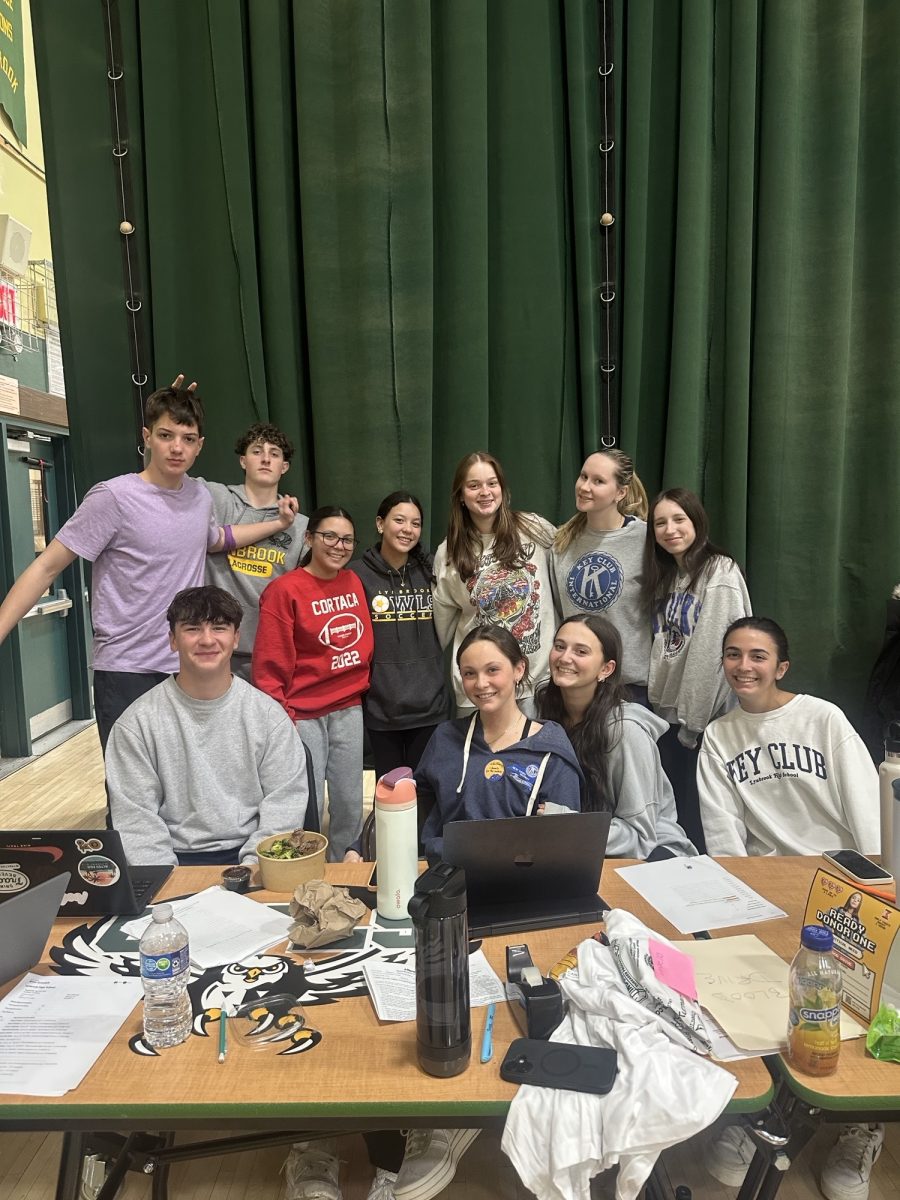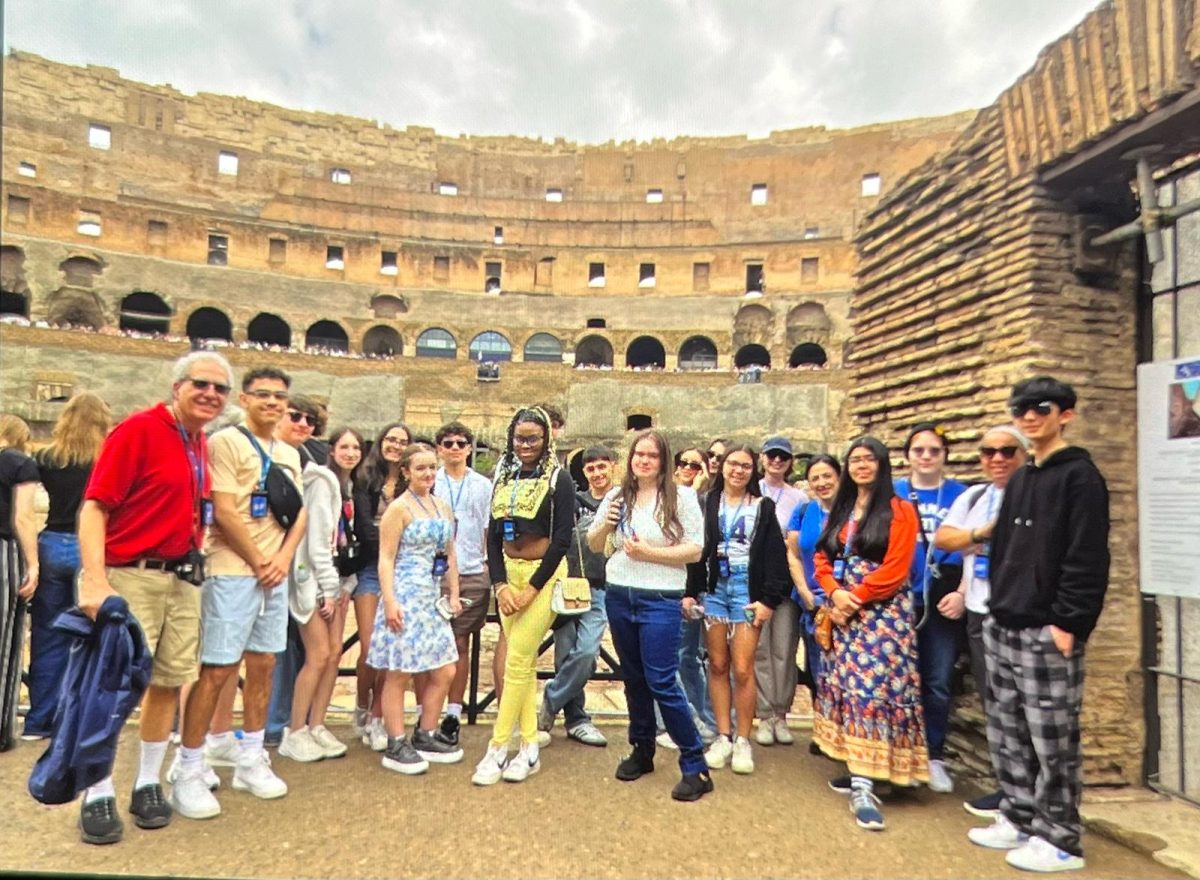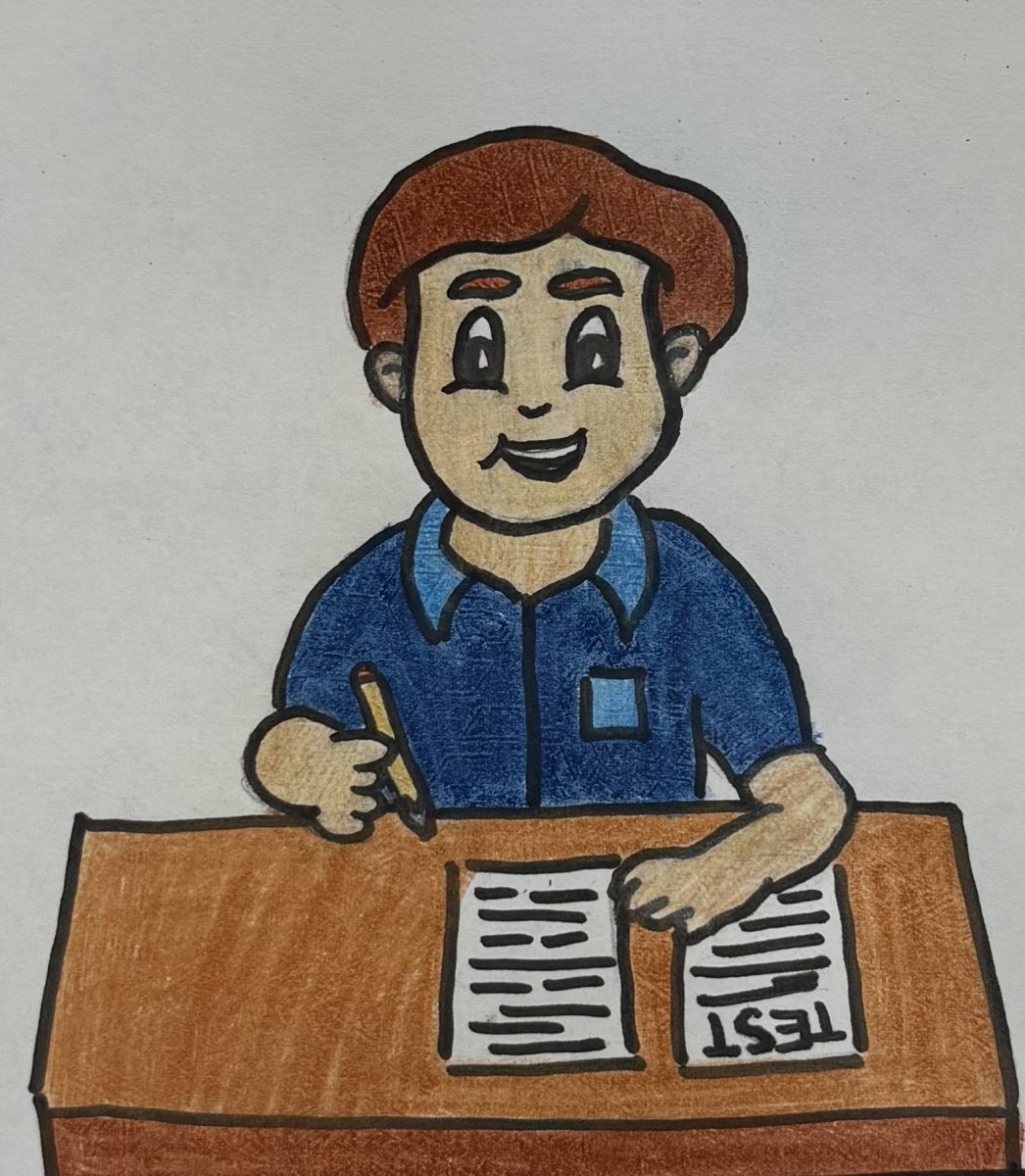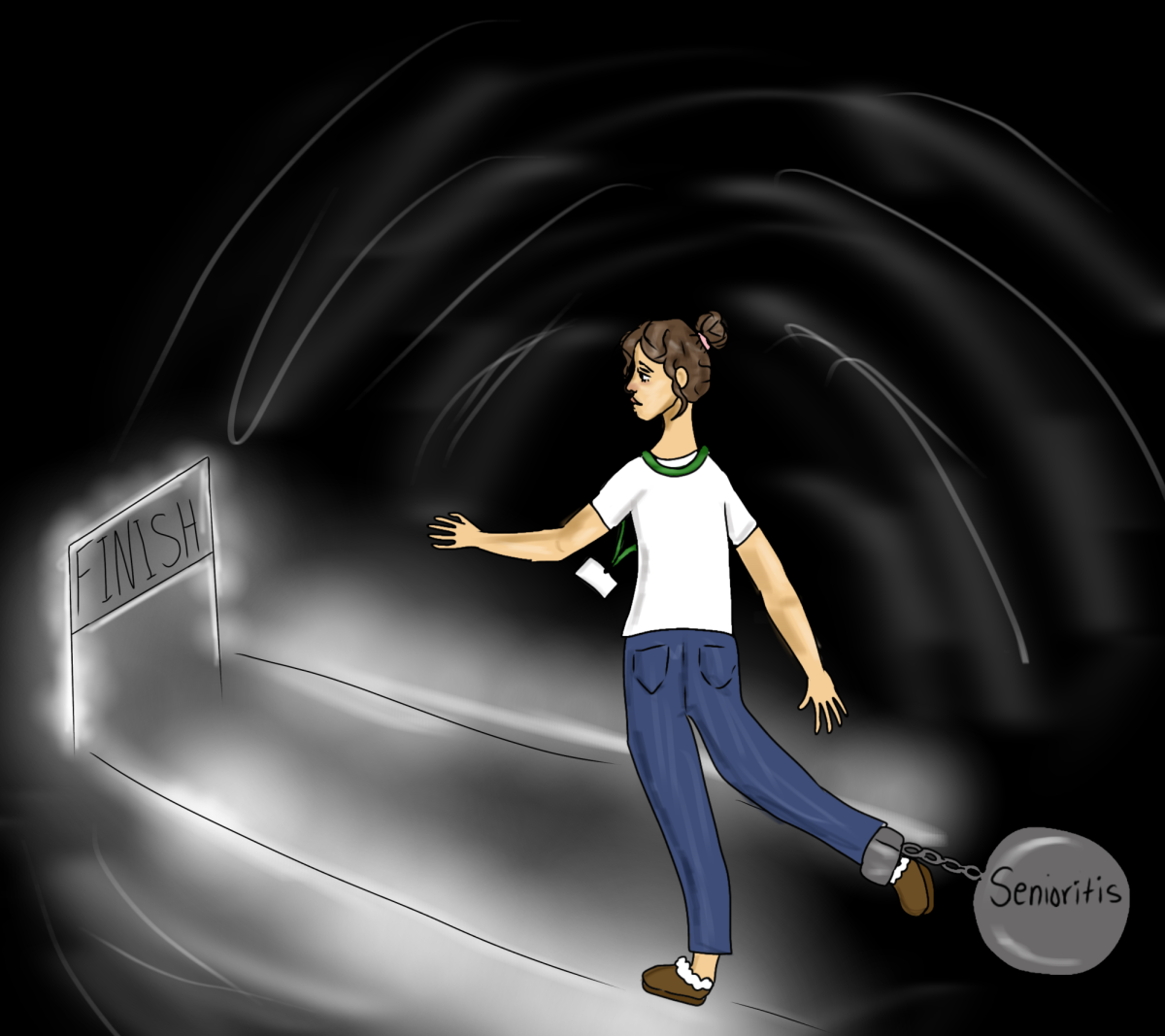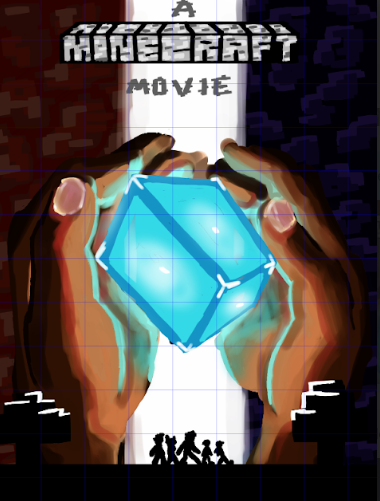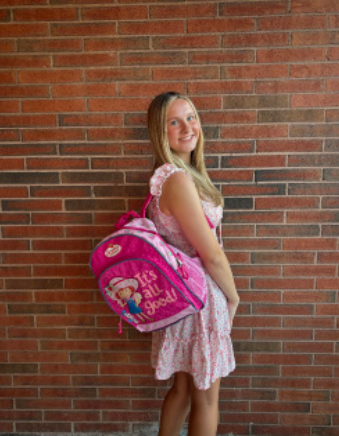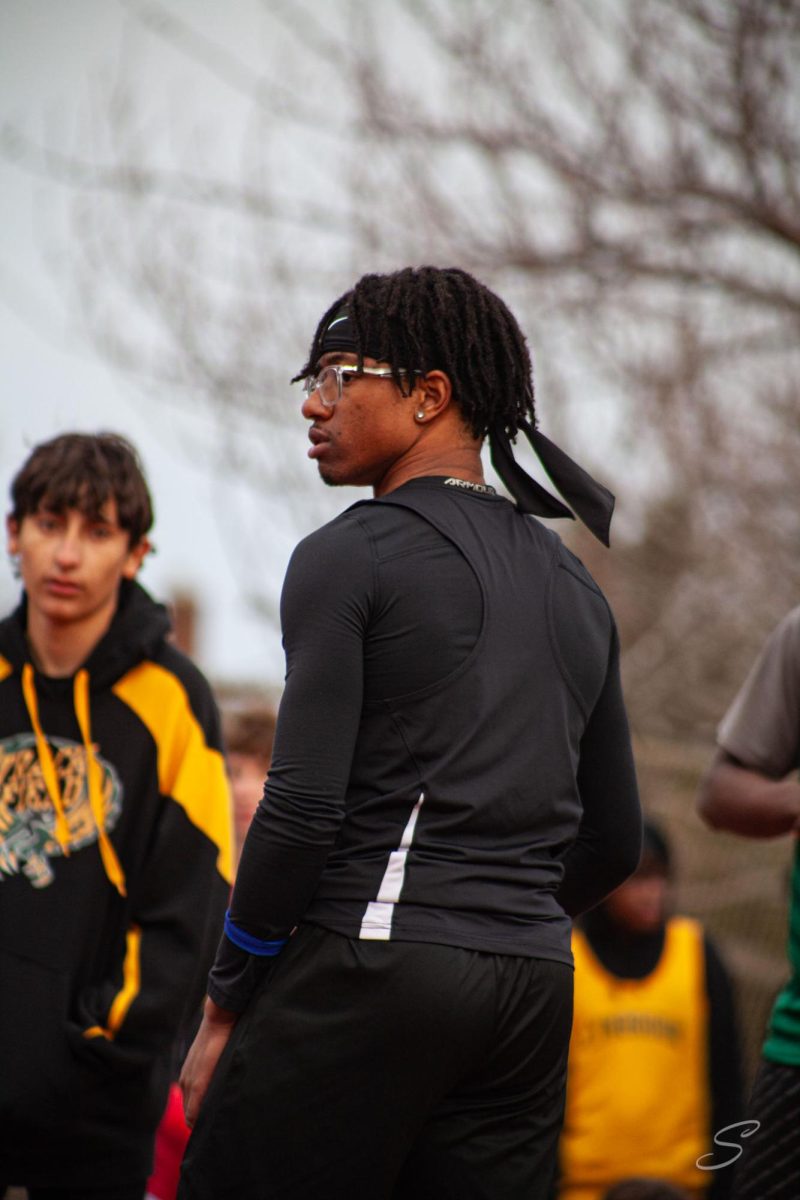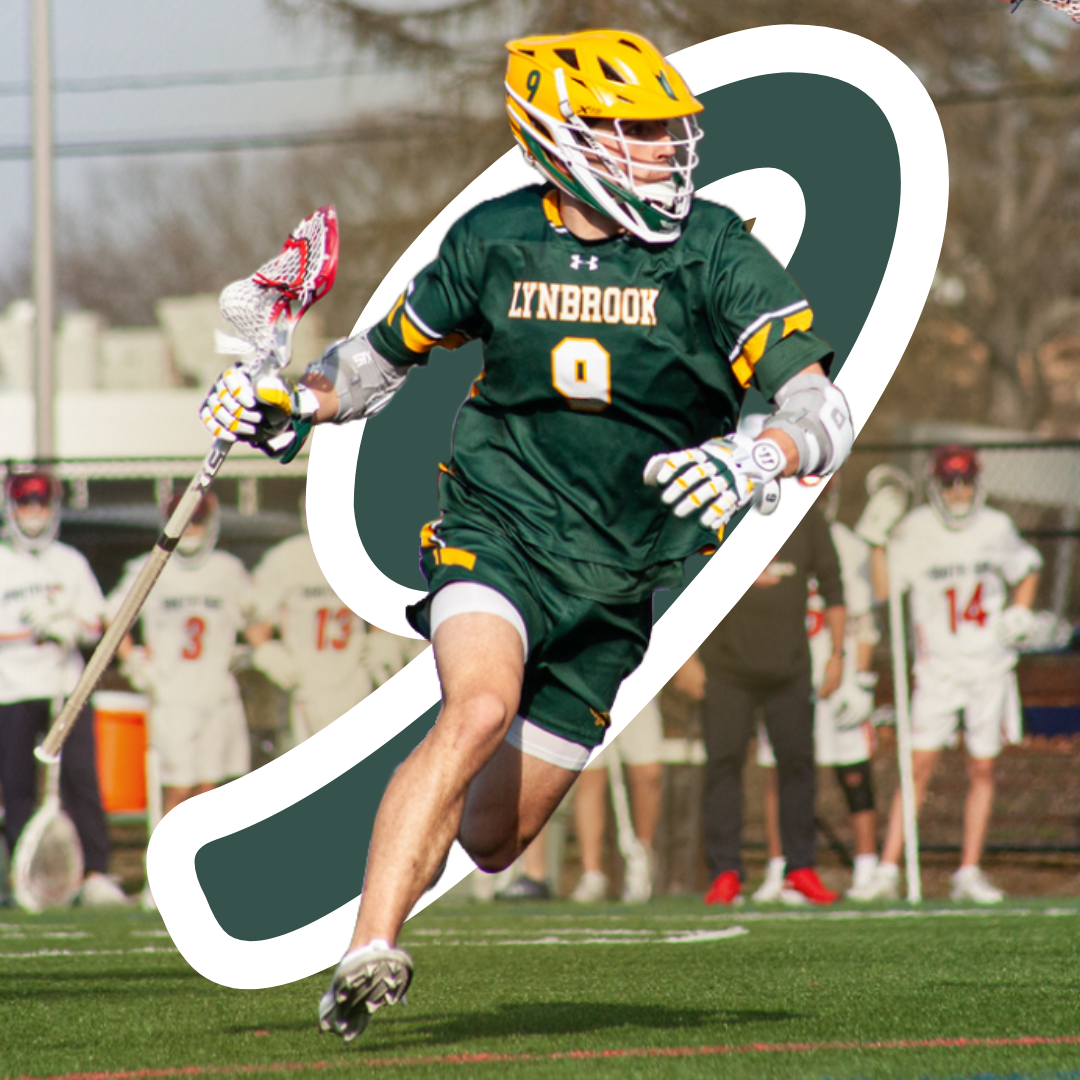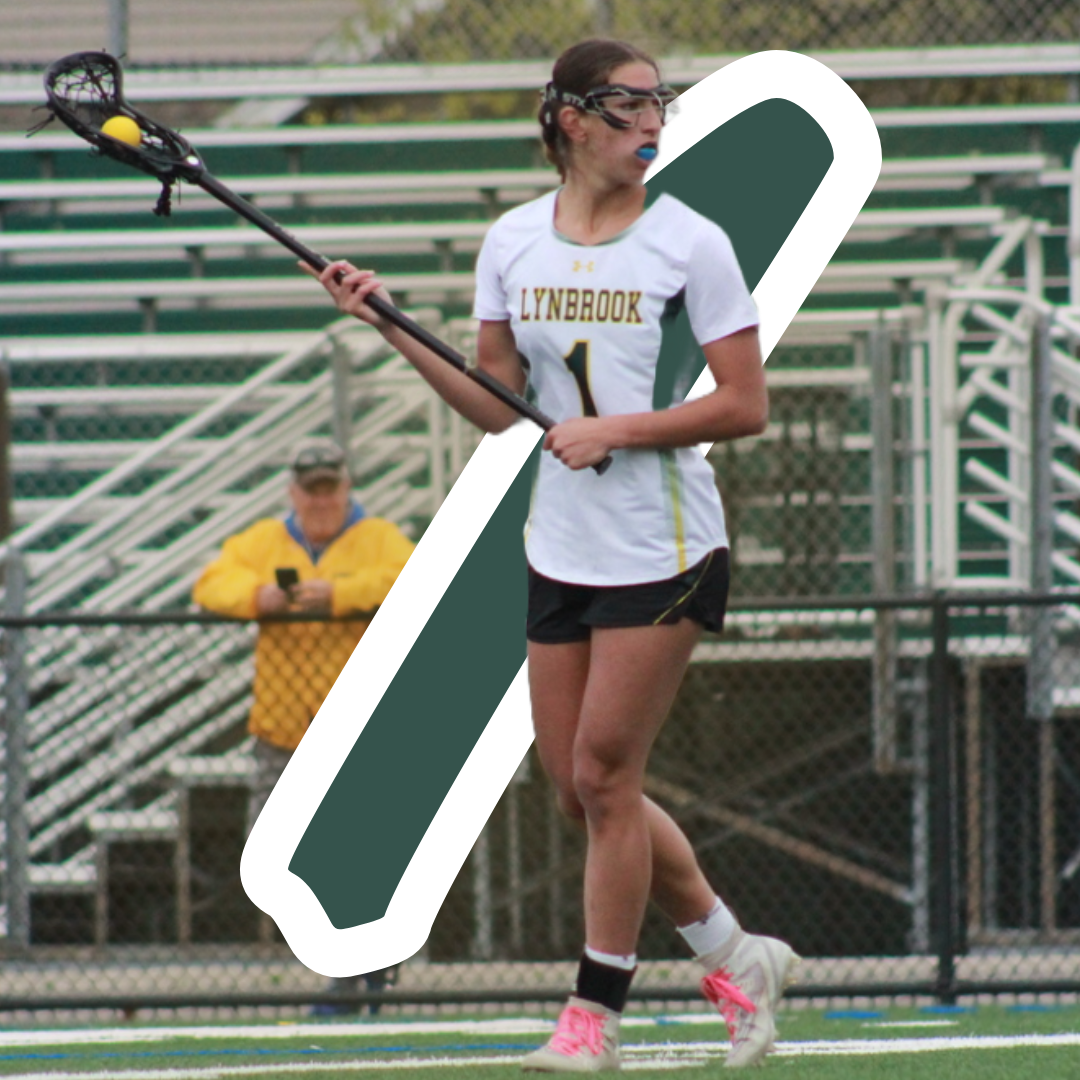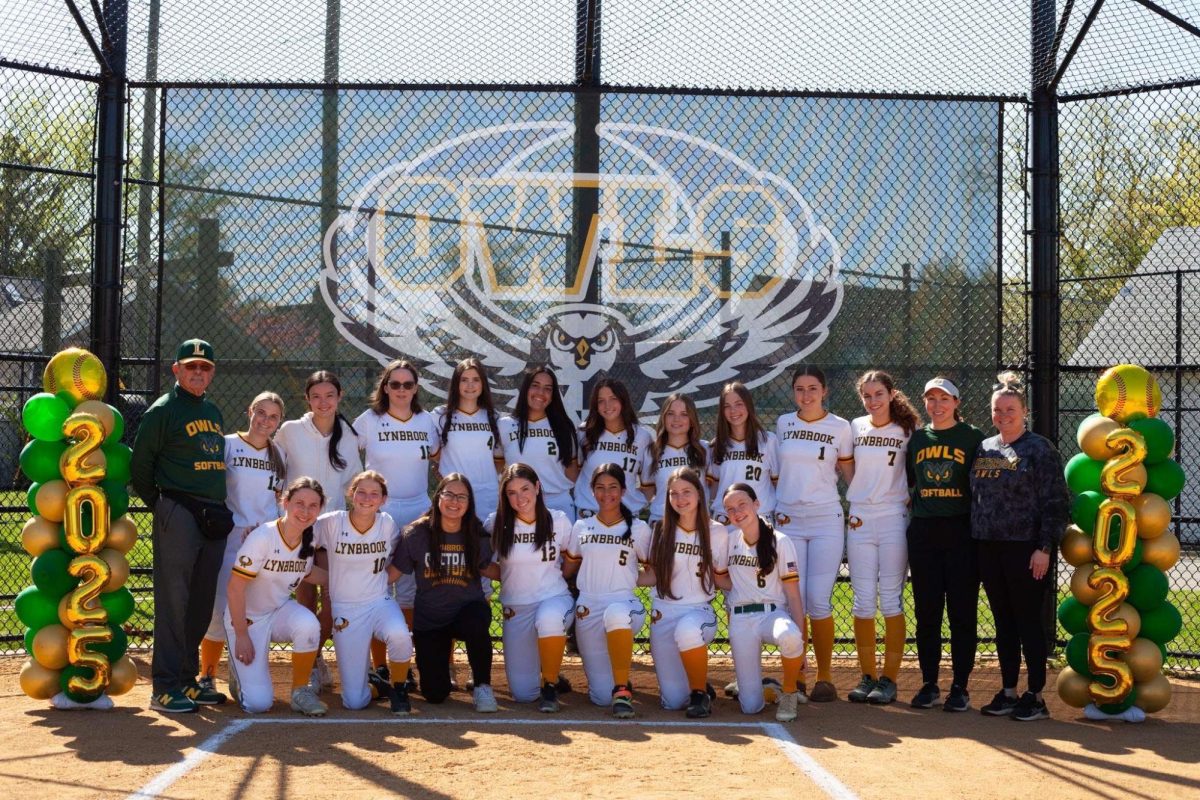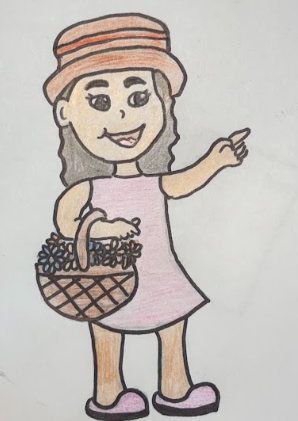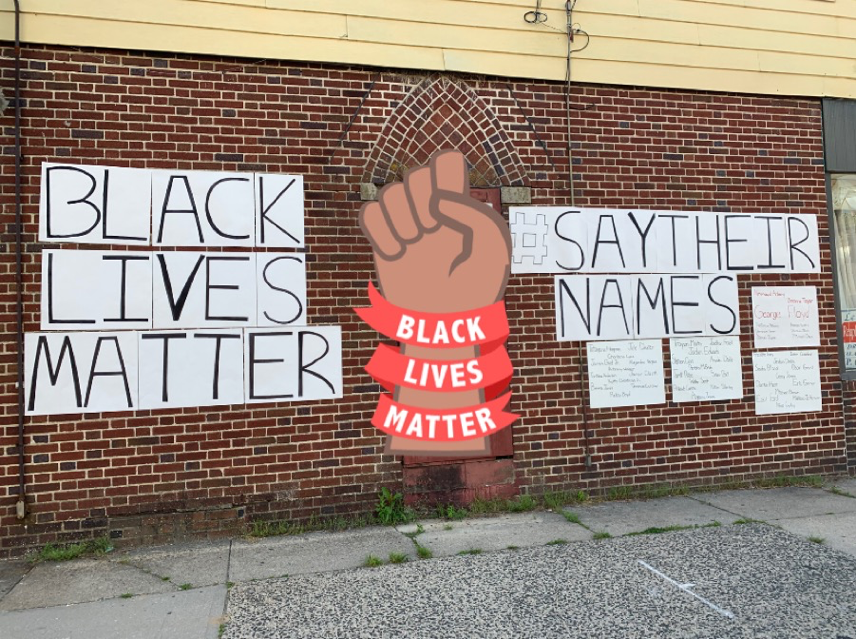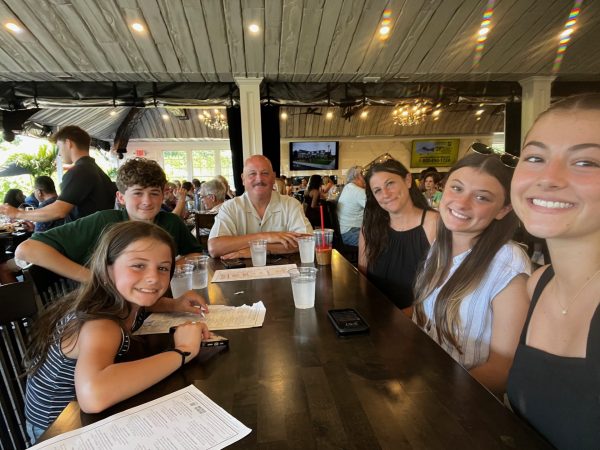Black Lives Matter: How Students Are Protesting
Police brutality, unfortunately, is not a new issue. Breonna Taylor, Ahmaud Abery, and George Floyd are the most recent victims of the systematic racism within the police department throughout the whole country. The fight for an end to police brutality and the embracing of black pride has been around since the Civil Rights Movement; however, today’s movement officially got its name in 2013 as the Black Lives Matter Movement (BLM). BLM was founded as a result of yet another black man’s life brought to an end too soon by police, Trayvon Martin. Seven years later, or, I should say 60 years later since the original Civil Rights Movement, the fight for an end to the systematic racism within the police is being confronted. To show their support of a hopeful end to police brutality, two Lynbrook students are making their voices heard.
A junior who wished to remain anonymous decided to make a wall commemorating the victims of police brutality and demanding change. She explained that she did this because “I couldn’t go out and protest on the streets with everyone else. I felt that with the pandemic going on, that would be irresponsible of me to put my family members at risk.” This student knew that what she was doing was very risky considering the mixed political climate of Lynbrook and the fact that it may be ill-received; however, she stated, “I didn’t hesitate to put my message up. I didn’t care if people would hate on me for it. I knew that what I was doing was the right thing. I hope people can realize that right now we need change for what is right. We need justice.” This student worked with her cousin throughout the whole day in order to create posters to spread their message on the side of a building on a busy street in Lynbrook. However, soon after they completed their project, they had to take it down. It turns out someone had reported the wall, and soon thereafter, Lynbrook’s mayor and police chief came knocking at the junior’s door. “At first, I was really angry [that I had to remove it],” she commented, “but then I realized that the mayor wasn’t in the wrong for coming to ask about it. It was true we hadn’t asked for anyone’s permission to put it up; we just acted on it. It was in our best interest to take it down so that we wouldn’t get into any trouble.” She added that Alan Beach, the mayor of Lynbrook, and Chief Brian Paladino, the police chief of Lynbrook, were very kind and understanding of the message she was trying to spread. Beach commented, “Peaceful demonstrations and protests have a long history in our country as a catalyst for change and it’s crucial that, as a country, we continue to protect free speech. On balance, we must also ensure the safety of our residents and those that work in our village without tolerating violence or destruction of property. It’s my hope that as Long Islanders and Americans we take the time to listen to each other, understand each other, and continue working to find peaceful solutions that will make us better as a whole.” This anonymous student contested that advocacy is essential: “I think now is the time for change. It’s important to get as many people as you can to support the movement. There’s power in teamwork.” Additionally, Lynbrook as a community should, she stated, “hold people accountable for their wrong doings[…] People should donate and spread awareness as much as they can and educate themselves on how the issue of systematic racism is prevalent in our daily lives.”
Ursula Ratkiewicz, who is also a junior, has shown her support of the Black Lives Matter Movement by attending protests in the Long Island area. “I strongly believe in the power of protest,” she stated, “and in the changes it can generate. In one week, protesters fighting for justice for George Floyd were able to influence changes such as: increasing Derek Chauvin’s murder charge from first degree to second degree, had the three other officers changed, and have caused the reopening of Breonna Taylor’s case […] The cognizance of my white privilege amplifies my desire to be a part of that change; I want to be on the right side of history: the side that fights for justice and fights the systematic oppression in our country.” Protesting for a cause one believes in is an emotional, yet powerful experience, as one can imagine. Ratkiewicz describes it specifically as “inspiring” to be able to see “many black voices share their experiences, their love, and their pain,” and to be able to see unity, no matter of race, religion, or sex, fighting for a common goal: an end to racial injustices. The demographic of these protests are mostly students or young adults, and it is essential for students to make their voices heard especially in times like this; “Whether it is getting on the streets to protest, signing petitions, and donating to funds or having difficult conversations with your family and loved ones. We can be the generation of change; the generation that fixes the systematic racism that generations before us have created. Racism is not just a ‘black problem;’ it is a problem we all have to work to fix,” Ratkiewicz said passionately.
There are some people who respond to Black Lives Matter with All Lives Matter. While some people genuinely stand by the All Lives Matter movement, there are also some who simply do not understand the inaccuracy when saying those words in response to Black Lives Matter. “By saying ‘Black Lives Matter,’ people do not mean that ONLY black lives matter. What they are saying is that all lives CANNOT matter until black lives matter. Using ‘all lives matter’ as a response to the BLM movement is counterproductive and offensive. By going to the doctor to address your broken hand, you are not disrespecting or disregarding your other body parts; you are simply addressing the problem at hand… no pun intended,” Ratkiewicz defended. “Yes indeed, all lives matter, but black lives are at risk and the black community is hurting,” she added. She proposed that the Lynbrook community needs to do more to acknowledge the BLM movement. “Students are not educated on the systematic racism that exists in America and are also not informed on the history of policing in America and on police brutality that goes on every day. There is a strong ignorance that stands among my peers, and many people’s white privilege blinds them from the reality of how systematic racism affects black people. We have to do more in schools to educate and address the problems black people face. In our educational system, we do not learn the full effects of slavery that truly effect communities today.” Ratkiewicz suggests that even though she, and many of her peers, are not eligible to vote, in the meantime, everyone should educate themselves as much as possible to be aware of the injustices in our country so that when they can vote, they will be knowledgeable on who they feel will best be able to combat these very prevalent issues.
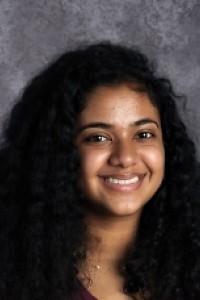
I am part of the Class of 2021 at LHS. I am in Key Club. I have a dog named Bandit, and I went to elementary and middle school in Queens.




